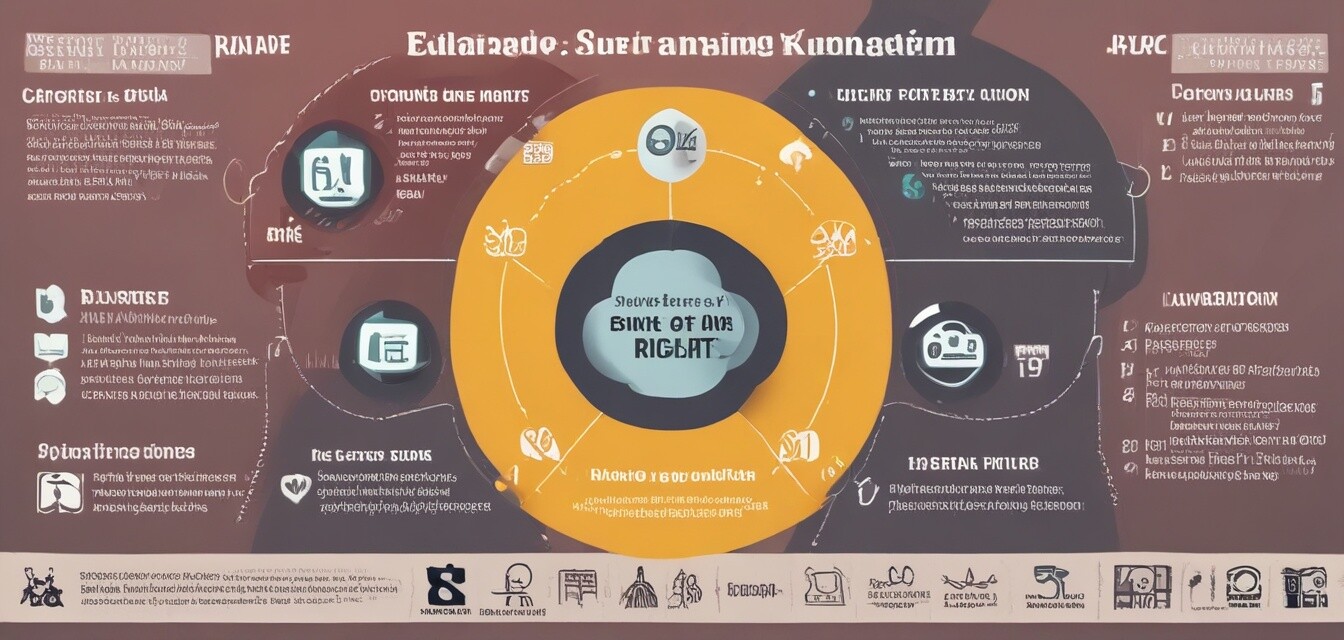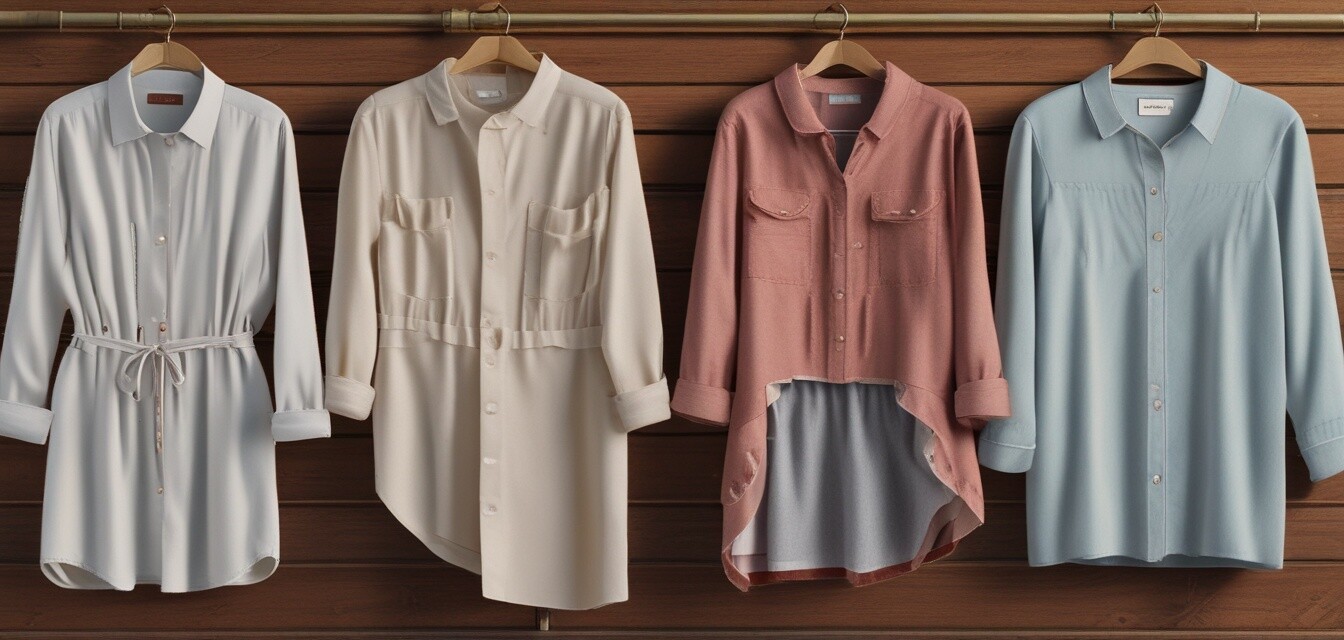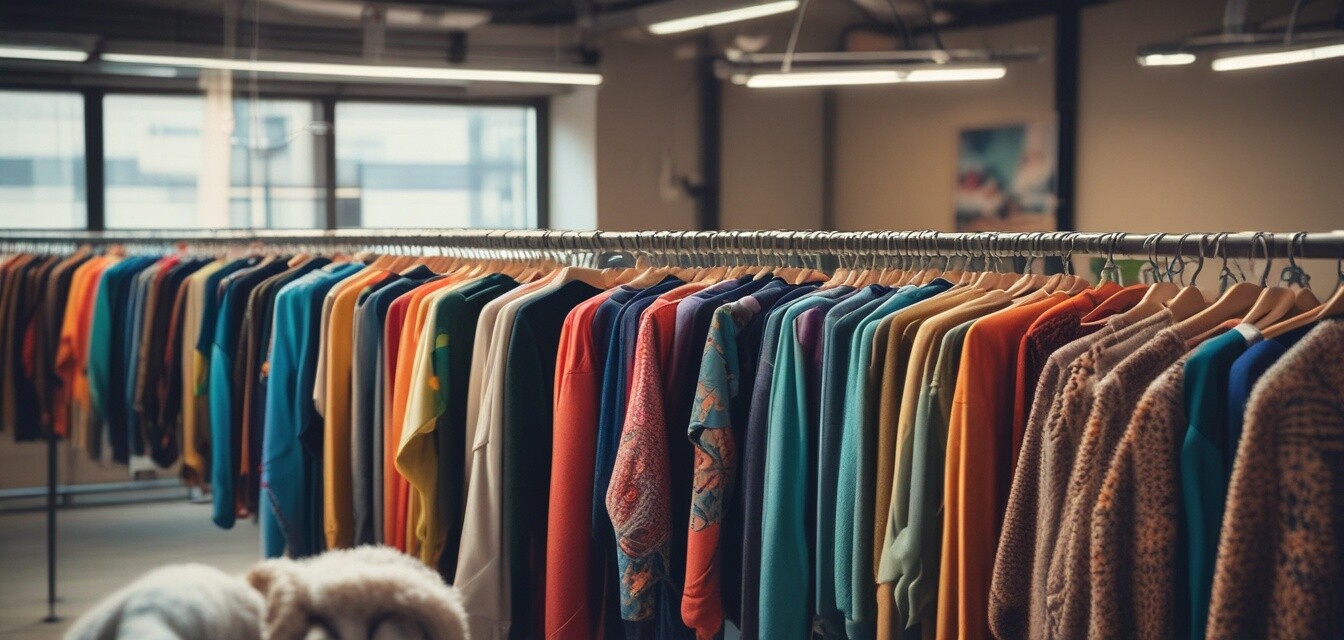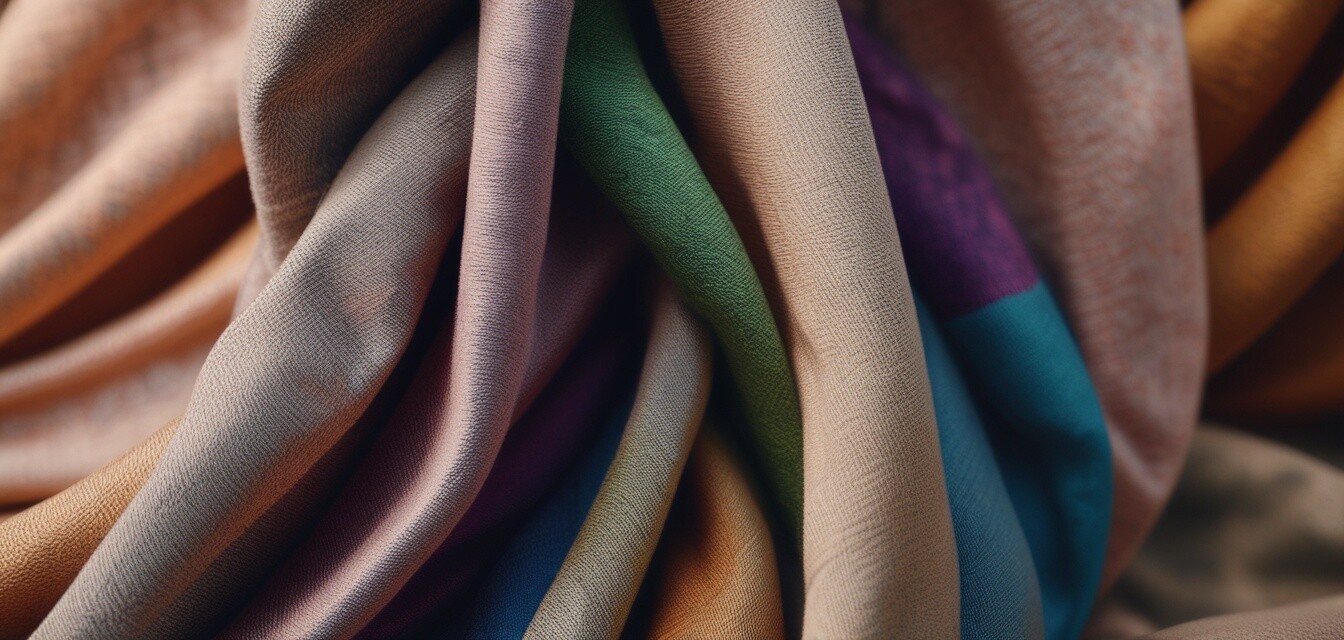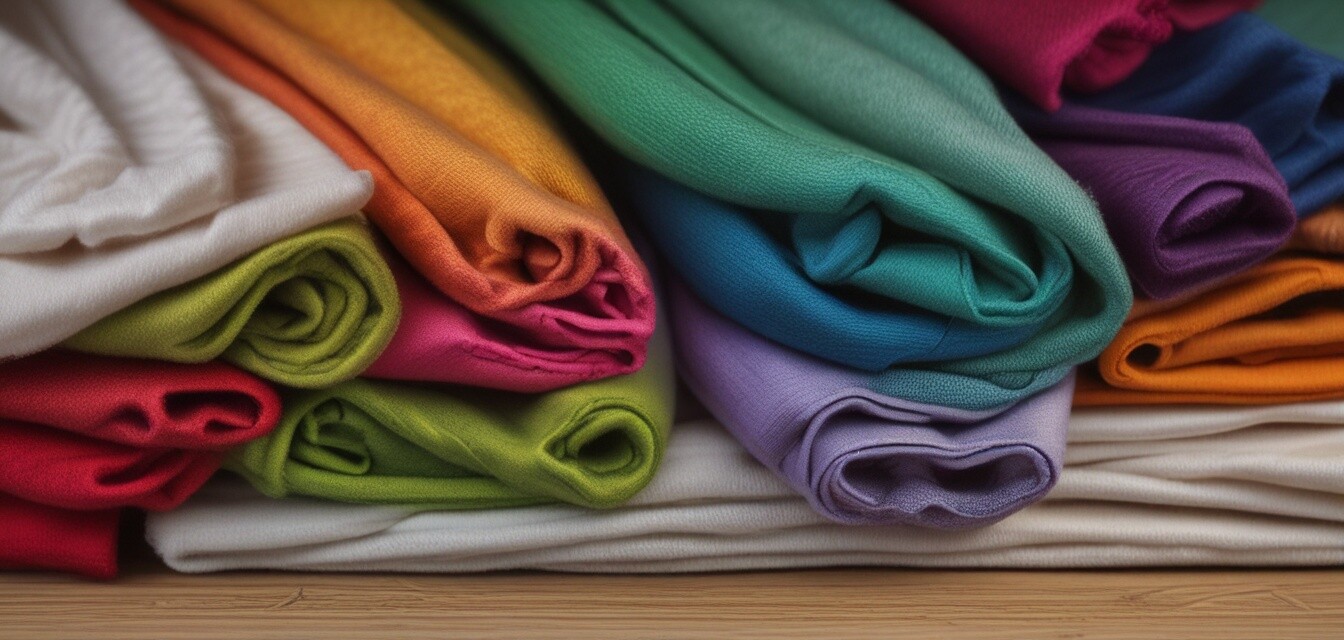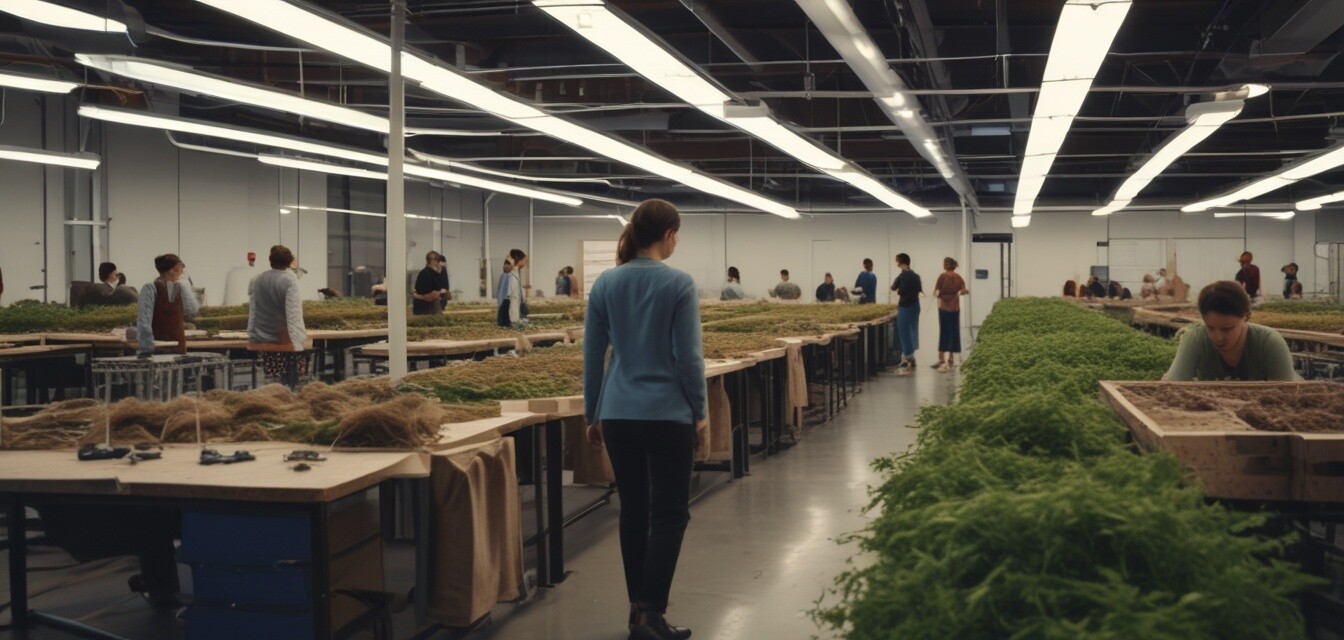
Ethical Manufacturing
- Ethical manufacturing prioritizes sustainability, labor rights, and transparency.
- It focuses on eco-friendly materials and practices that minimize the environmental impact.
- Women’s clothing produced ethically supports fair wages and safe working conditions.
- Brands are increasingly adopting ethical practices to meet consumer demand for transparency.
In recent years, the fashion industry has witnessed a significant shift towards ethical manufacturing, especially in women's clothing. This movement emphasizes the importance of sustainable practices, the welfare of workers, and transparency across the production chain. As consumers demand more accountability, brands are adapting to ensure they are part of the solution.
Understanding Ethical Manufacturing
Ethical manufacturing encompasses various practices aimed at creating clothing with respect for people and the planet. This not only means using environmentally friendly materials but also ensuring fair labor practices are upheld. Let's dive deeper into the aspects involved in ethical manufacturing.
| Aspect | Description |
|---|---|
| Sustainable Materials | Using organic, recycled, or eco-friendly fabrics to reduce environmental impact. |
| Fair Labor Practices | Ensuring workers are paid fair wages and provided safe working conditions. |
| Transparency | Brands disclose their manufacturing processes and supply chains to consumers. |
| Waste Reduction | Minimizing waste through efficient manufacturing practices and recycling. |
Importance of Ethical Manufacturing in Women's Clothing
Women’s clothing often faces significant scrutiny regarding its production processes. The impact of unethical manufacturing can be severe, leading to exploitation and environmental degradation. Ethical manufacturing, therefore, offers a way to provide quality clothing while respecting the rights of workers and the environment.
What Are the Challenges of Implementing Ethical Manufacturing?
While the benefits of ethical manufacturing are clear, several challenges arise in its implementation:
Pros
- Promotes sustainability and reduces ecological footprint.
- Enhances brand loyalty and consumer trust.
- Supports communities and empowers workers.
Cons
- Higher production costs can lead to increased prices for consumers.
- Requires more time and resources for supply chain transparency.
- Limited availability of ethical materials can restrict designs.
Key Practices in Ethical Manufacturing
Brands committed to ethical manufacturing adopt several key practices that set them apart:
- Source Materials Responsibly: Utilizing materials like organic cotton, recycled polyester, and biodegradable fibers.
- Invest in Worker Well-being: Providing fair wages, healthcare, and safe work environments.
- Reduce Carbon Footprint: Implementing energy-efficient processes and logistics.
- Engage in Fair Trade: Partnering with suppliers who follow fair trade principles.
Promoting Sustainable Women’s Fashion
As consumers become more conscious of where their clothing comes from, brands must respond by prioritizing sustainable practices. To learn more about specific categories that embrace ethical manufacturing, check out our sections on:
- Biodegradable Activewear
- Eco-Friendly Footwear
- Organic Cotton Apparel
- Recycled Material Fashion
- Sustainable Outerwear
- Vegan Accessories
How to Choose Ethical Brands
As a consumer, making ethical choices can feel overwhelming. Here are some tips for choosing brands that align with your values:
Tips for beginners
- Research brands: Look for transparency in their supply chains and manufacturing processes.
- Check certifications: Look for certifications such as Fair Trade, GOTS, or OEKO-TEX.
- Read reviews: Listen to other consumers’ experiences with the brands.
- Ask questions: Don't hesitate to contact brands directly about their practices.

The Future of Ethical Manufacturing in Fashion
As awareness continues to grow regarding the impact of fashion on the environment and society, ethical manufacturing is poised to become the norm rather than the exception. Brands must adapt to this demand, creating clothing that not only meets consumer needs but also respects the planet and its people.
In conclusion, ethical manufacturing is not just a trend; it’s an essential shift in the fashion industry that prioritizes sustainability, fairness, and transparency. By choosing ethical brands, consumers help drive positive changes that benefit everyone.
